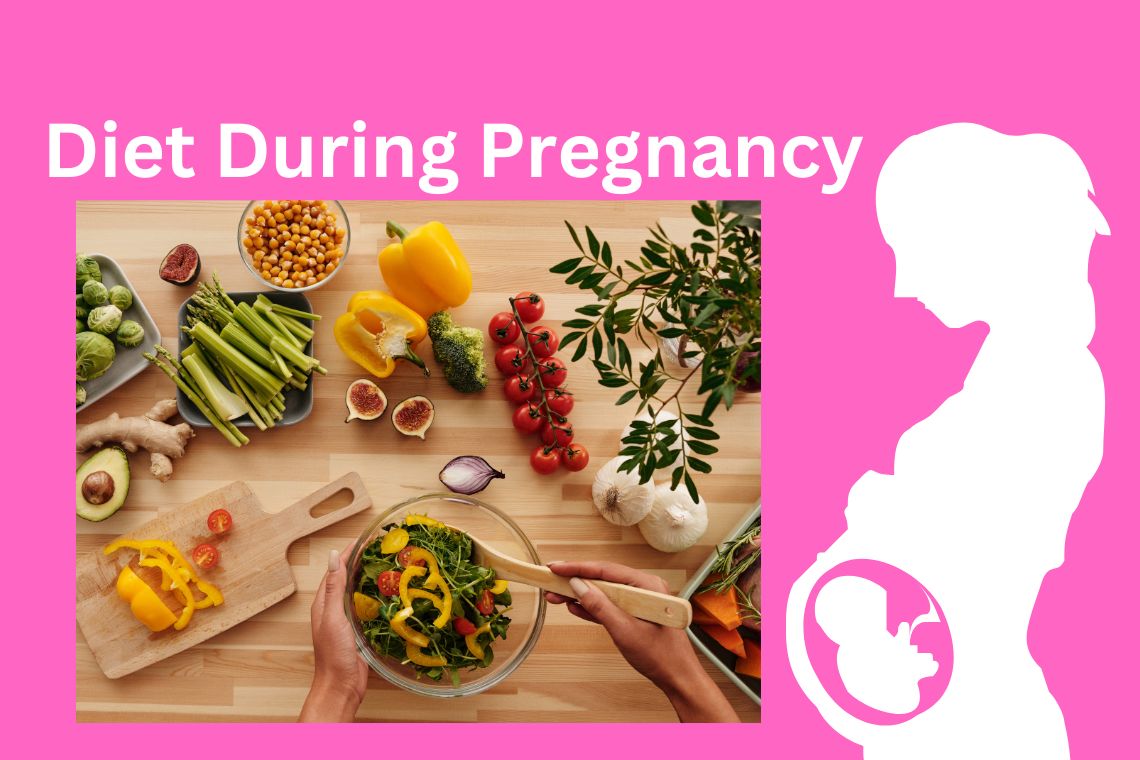
Table of Contents
Diet During Pregnancy: Correct Information Can Save Your Baby!
Introduction
Pregnancy is a significant milestone in a woman’s life, filled with excitement and anticipation. It’s essential to have accurate information to ensure the healthy growth and development of your baby. Proper nutrition plays a vital role in this process, making it crucial to understand the dietary requirements during pregnancy.
It’s a common misconception that a pregnant woman needs to consume twice the amount of food she typically eats. However, the focus should be on consuming a variety of nutritious meals. Aim to have at least three meals and healthy snacks each day to incorporate a wide range of food options. Quality and variety are more important than simply doubling the quantity. The Asian Food Pyramid can serve as a useful guide to meet these dietary requirements.
Nutrient Requirements During Pregnancy
During pregnancy, a woman generally needs around 1,800 to 2,800 calories per day. Protein, carbohydrates, minerals, and vitamins are essential for the baby’s health and development. Some crucial nutrients that should be included in suitable amounts during pregnancy are:
1. Folic Acid:
Folic acid is essential for the development of the nervous system, particularly during the early stages of pregnancy. To ensure an adequate intake, pregnant women should take a folic acid supplement. Studies have shown that consuming 600 micrograms of folic acid reduces the risk of neural tube defects and other malformations. Foods rich in folic acid include fortified breakfast cereals, whole-grain breads, green leafy vegetables, peas, beans, citrus fruits, bananas, cantaloupe, and tomatoes.
2. Iron and Vitamin B12:
Iron is crucial for the production of red blood cells, especially as a pregnant woman’s blood volume increases. Iron deficiency can lead to anemia, causing fatigue and other complications. It’s essential to supplement iron intake during pregnancy, and if constipation occurs, consult a doctor for alternative options. Iron-rich foods include red meat, Swiss chard, fish, tofu, dried fruits like raisins and prunes, nuts, and iron-enriched whole-grain breads and cereals.
3. Calcium diet:
Calcium is necessary for the development of strong bones and teeth in both the mother and the baby. Pregnant or breastfeeding women require 1,000 to 1,500 milligrams of calcium per day, approximately 40% more than the usual adult intake. It’s important to choose calcium supplements wisely and avoid those that may contain harmful substances. Foods rich in calcium include milk, cheese, Greek yogurt, salmon, spinach, broccoli, dried beans, papaya, and orange juice.
4. Protein and carbohydrates:
Protein and carbohydrates provide energy for cell production, tissue expansion, and brain development. They are crucial for the mother’s increased basal metabolism and the synthesis of fetal organs.
5. Vitamin C:
Vitamin C aids in the absorption of iron and is commonly taken alongside iron supplements to prevent iron deficiency anemia. Foods rich in vitamin C include mangoes, kiwis, oranges, and other citrus fruits.
Foods Should Be Avoided During pregnancy
1. Raw and undercooked poultry, ground meat, and seafood:
These can harbor harmful bacteria and lead to food poisoning, which can have severe consequences for both the mother and the baby.
2. Raw fruits and vegetables:
Thoroughly clean and wash these foods to eliminate any potential pesticide residue.
3. Carbonated beverages and excessive coffee:
Limiting the consumption of fizzy drinks and coffee can help manage heartburn and indigestion. High caffeine intake has been associated with adverse effects on pregnancy, such as premature delivery, low birth weight, and even miscarriage.
4. Alcohol and cigarette smoke:
It’s crucial to abstain from consuming alcohol during pregnancy as it can lead to fetal alcohol syndrome and various complications. Exposure to cigarette smoke can also harm the baby’s development and increase the risk of miscarriage and low birth weight.
Important key points
It’s important to note that excessive consumption of vitamin A should be avoided, as it can lead to defects in the baby’s bone, heart, nervous system, head, and face. Pregnant women should not exceed a daily intake of 5,000 IU of vitamin A.
Dealing with morning sickness can be challenging, but it’s essential to maintain a healthy diet. Eating small snacks or meals throughout the day can help alleviate the symptoms. Combining different food categories in one meal, such as a piece of cheese pizza (grain, vegetable, and dairy portions), can provide a balanced intake.
For vegetarian women, it’s possible to maintain a healthy diet during pregnancy by planning and monitoring food consumption. Non-dairy sources of essential nutrients can be
found in broccoli, kale, dry beans, calcium-fortified drinks, cereals, soy products, nuts, nut butters, seeds, and dried fruits. Consultation with a doctor or nutritionist is recommended to address any potential deficiencies and consider appropriate supplementation.
conclusion
By understanding and following these dietary guidelines, you can contribute to the healthy development of your baby and ensure a positive pregnancy experience. For personalized advice and specific recommendations, consult with your healthcare provider or a registered dietitian.

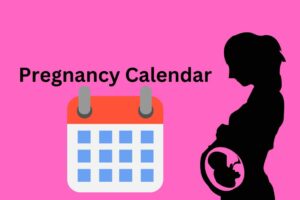
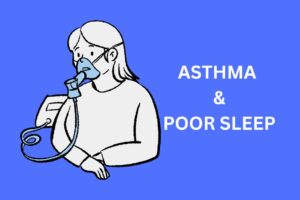
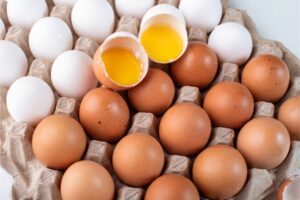

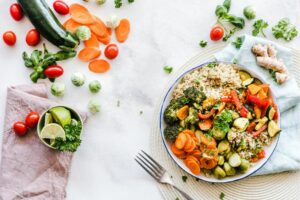
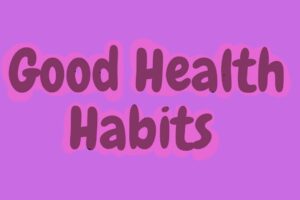
The positivity you infuse into your writing has a ripple effect on readers.